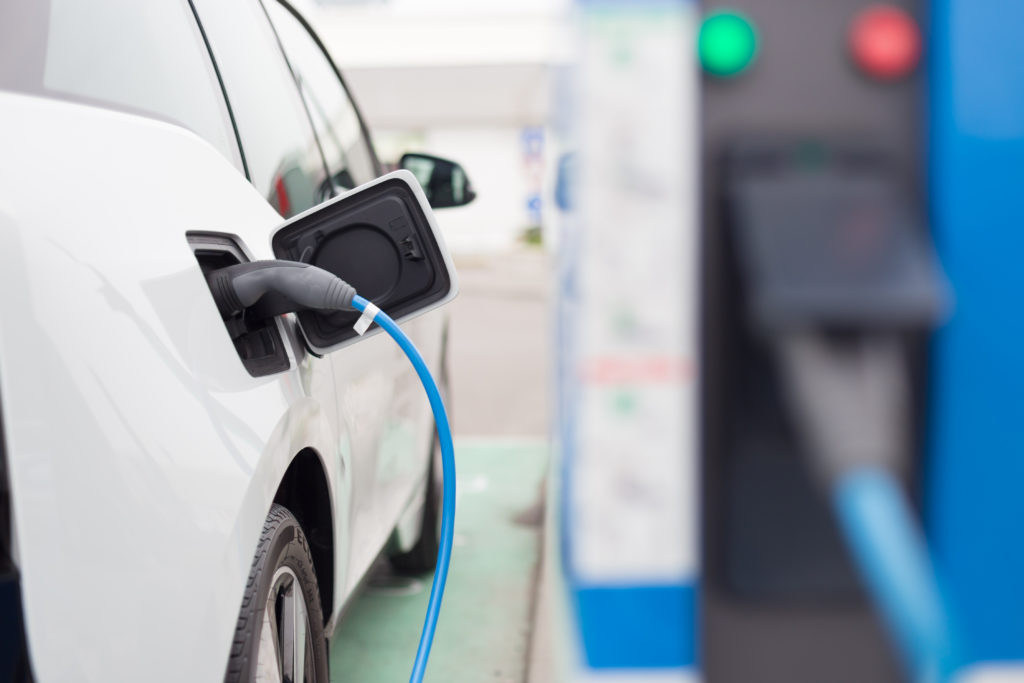
How will the government requirement for all new homes and buildings to provide EV car charging points from 2022 affect current development projects?
The Prime Minister is pushing for a real drive towards the reduction of carbon emissions and cutting of congestion in England next year, as well as to improve air quality.
In a bid to achieve this, most will be aware that the sale of petrol and diesel cars from 2030 will be banned. In addition to that, there will be a legal requirement for new homes and buildings to provide electric vehicle (EV) car charging points from 2022.
How will the requirement for EV car charging impact property development now and in the future?
The new requirements will affect new-build homes, supermarkets and workplaces as well as both residential and non-residential buildings that are undergoing major renovations.
The Department for Transport recently published the government response to its July 2019 consultation confirming that:
- New residential homes with on-site parking will be required to have an EV charging point per dwelling;
- New non-residential buildings will also be affected with a requirement for those with over ten on-site parking spaces to have at least one charge point and cable routes for one in five parking space. This will also apply to non-residential buildings that are undergoing major renovation and that will also have over ten on-site parking spaces after renovation; and
- Residential buildings undergoing major renovation that have over ten on-site parking spaces will also need to have at least one EV charging point for each dwelling. In addition, there will be a requirement for cable routes in all spaces without charge points.
What does this mean in reality?
The government believe that the new requirements will see up to 145,000 charging points installed across the country each year.
The Chief operating officer of Scottish Power’s energy network business, however, has warned that increasing the EV market is ‘less likely to provide for all in our society’. He believes that it is not only essential to ‘provide electric vehicle charges in new homes, private driveways, wealthy high streets and motorway service stations’ but also in ‘remote, rural and socially disadvantaged areas too’.
Most modern homes do not have car parking spaces to accommodate the proposed charging infrastructure and it could take decades for a difference to actually be made to carbon emissions. In addition, there is a juxtaposition between providing charging infrastructure in new homes and a drive to encourage those to become greener and focus on walking, cycling and journeys by public transport. It is yet to be seen how this will be factored in to planning rules to ensure that new homes are not car dependent.
If you would like advice on what this means for you, please get in touch with our Energy team.
